
UK launches new watchdog to promote online competition
Online platforms make it easier for people and businesses to stay in touch, but a small number of companies dominate the market which can lead to less choice and higher prices.
In the UK today sees the launch of the Digital Markets Unit (DMU) intended to create a new pro-competition regime to cover platforms with considerable market power.
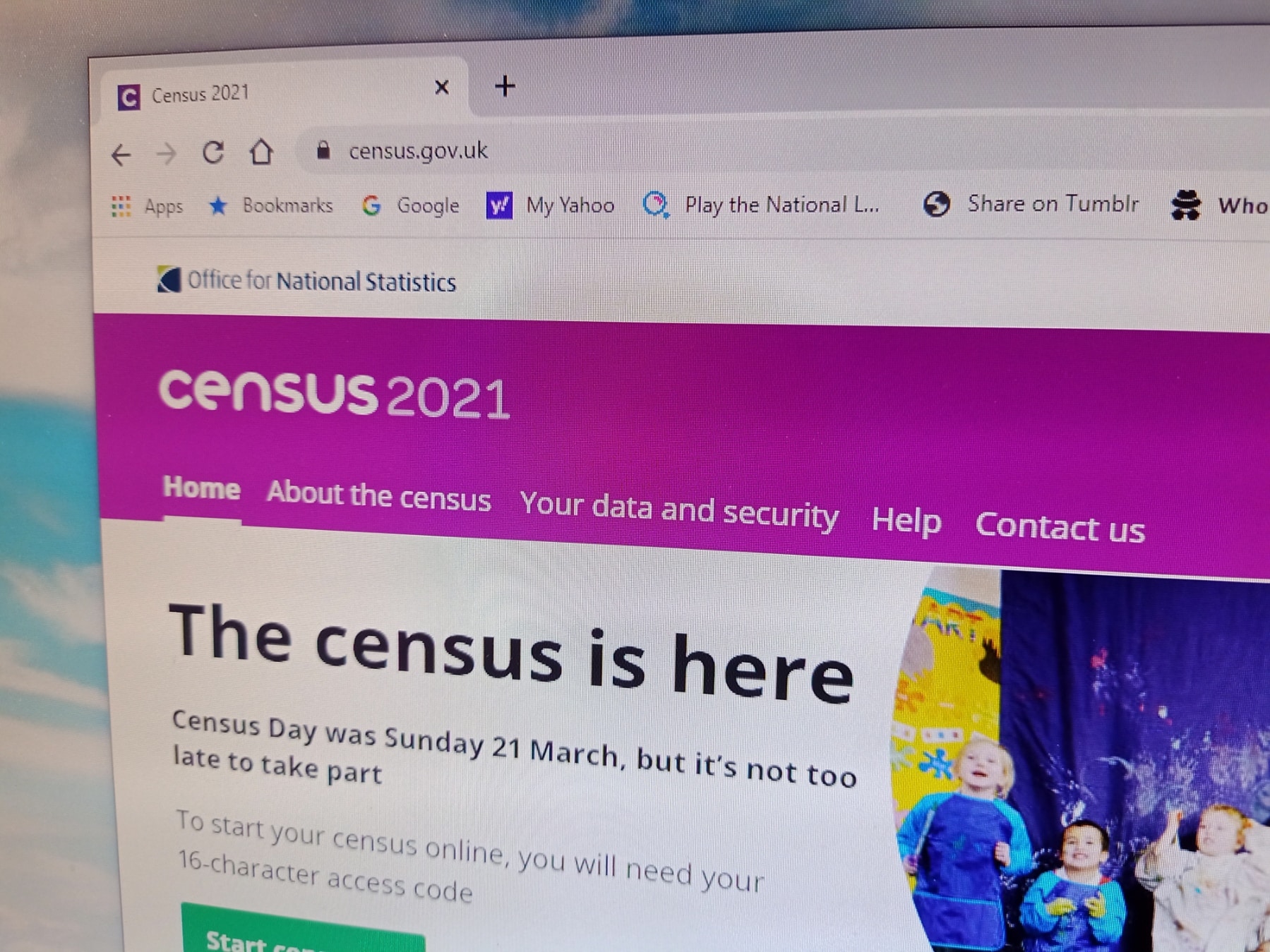
Digital first census raises security concerns
This year for the first time the UK's ten yearly census -- used to collect information to determine future government policy and spending -- is 'digital first' with people encouraged to fill in their returns online rather than use a paper form.
But research conducted by YouGov for security analytics and automation company Exabeam finds that many people are worried about how the data will be stored and used.

One in four government organizations suffers accidental cloud leakage
Detecting and resolving data leakage is a top security challenge for public sector organizations with 24 percent suffering accidental leakage of cloud data.
The 2021 Cloud Data Security Report from Netwrix finds phishing (reported by 39 percent of organizations) to be the most common incident that government agencies experienced in the cloud, followed by accidental data leakage (24 percent) and targeted attacks on infrastructure (22 percent).
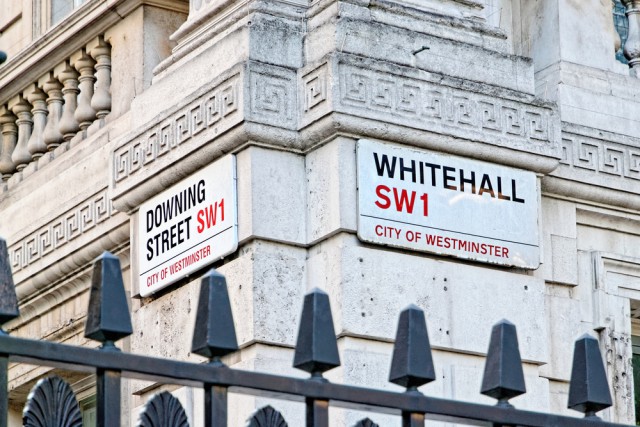
UK government faces software skills crisis
Governments don't have a good record when delivering IT projects, but a new study from digital experience company Acquia that the UK government is facing a major software skills crisis.
Results show that 28 percent of vacancies remain unfilled. Across the 12 departments which responded to freedom of information requests, some 317 developer positions are open, while just 808 developers are currently employed.

The rise of low code in local government
During the pandemic, we’ve seen examples of local authorities moving from hypothesis to a live service, that’s been tested and iterated, within a matter of days. Low-code has made that possible; a type of software that allows non-technical people to create user interfaces like online forms without needing to do any traditional computer programming or coding.
Low-code platforms are able to produce neat digital services through configuration, rather than the normal route which demands service creators have good coding skills. This has allowed councils to deploy services at impressive speed. We all know that responding at pace is important in a crisis, and with many vulnerable people needing support right now, the rapid deployment of digital services has been vital.
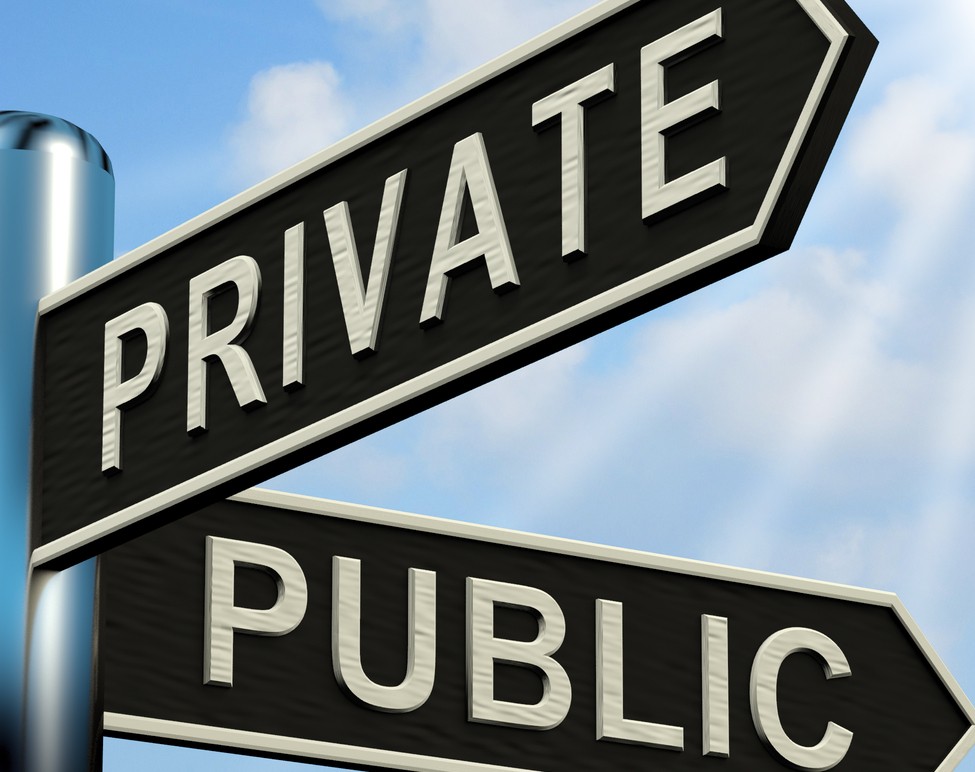
Public-private collaboration could help protect government systems from cyber threats
More than 80 percent of government cyber security leaders think public-private collaboration would help them keep pace with cyber threats, according to a new report.
The study from Nominet of government agencies in the UK, US and the Middle East, also shows that 65 percent of respondents think their pace of change is too slow in comparison to enterprises and 81 percent believe that a slow pace of change can negatively impact national cyber defense.

Why is the UK government prone to IT disasters?
Back in March, at the height of the nationally imposed lockdown, Health Secretary Matt Hancock promised a solution in the form of a coronavirus tracing app that would see us all out of lockdown safely. Although the much-touted NHSX app was said to be at the heart of the strategy to contain the spread of Covid-19, months later, it was ditched due to security concerns, forcing the Government to change tack to work with tech giants Apple and Google on a new app, shifting its strategy to work with human tracers instead.
With measures easing and life now the most 'normal' it has been for quite some time, the newest iteration of the app is still yet to be released. It is clear that even in the midst of an international health crisis, the public sector has defaulted to looking only to big vendors to provide technical solutions -- and to its own detriment.
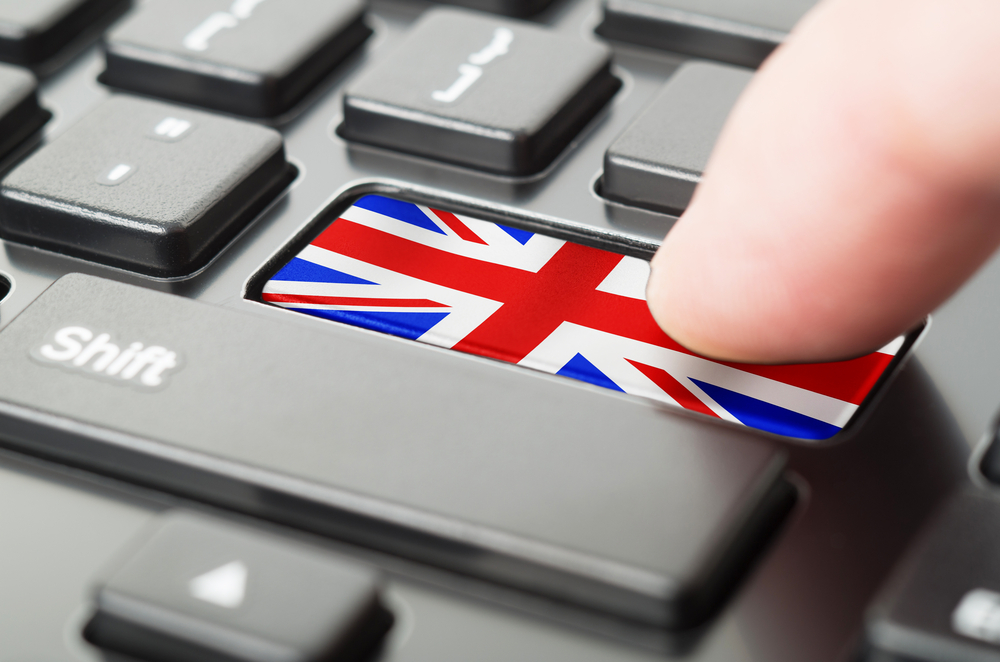
Security professionals warn UK government over outdated cybercrime legislation
The UK's Computer Misuse Act came into effect 30 years ago, but security professionals are warning that it is no longer fit for purpose and may even be hindering their efforts.
A coalition of businesses, trade bodies, lawyers and think tanks from across the cybersecurity industry have today taken the unprecedented step of uniting to write a letter to the prime minister urging him to reform the law.

UK government invests in security by design
The UK government is announcing that it will provide £10 million ($12.5 million) over four years to develop groundbreaking cyber security technologies.
Nine grant winners have been revealed as the recipients in the government's Digital Security by Design program, which aims to help the tech infrastructure of UK organizations and digital devices be more resilient to cyber attacks.

Americans fear the COVID-19 crisis will lead to more government tracking
As COVID-19 has spread around the globe, governments everywhere have been taking extraordinary measures to try to contain the pandemic.
There are fears though that some of these measures could become the new normal. The CyberNews.com website decided to ask people in the US how they feel about possibly giving up their privacy during the government's response to the coronavirus.

Google bans Zoom and the US senate warns against its use
Once a specialist tool, then the darling of the video conferencing world, Zoom's fall from grace has been fairly spectacular. A series of privacy and security issues have put off numerous users, and led to some institutions instigating a ban on the software.
Google has now followed the lead of schools across the US, banning employees from using Zoom because of concerns about security. Senators in the US have also been warned against using the service.

What impact will a Data Protection Act have in the US? [Q&A]
The US Congress is currently considering whether to pass a bill to create a Data Protection Act which would set up a federal data protection agency.
The bill, introduced last month, spells out how the agency would enforce data protection and privacy rights, putting Americans in control of their own data. But what exactly does that mean? And how would a bill with the sole goal of protecting individuals’ data effect the tech, financial and healthcare industries?
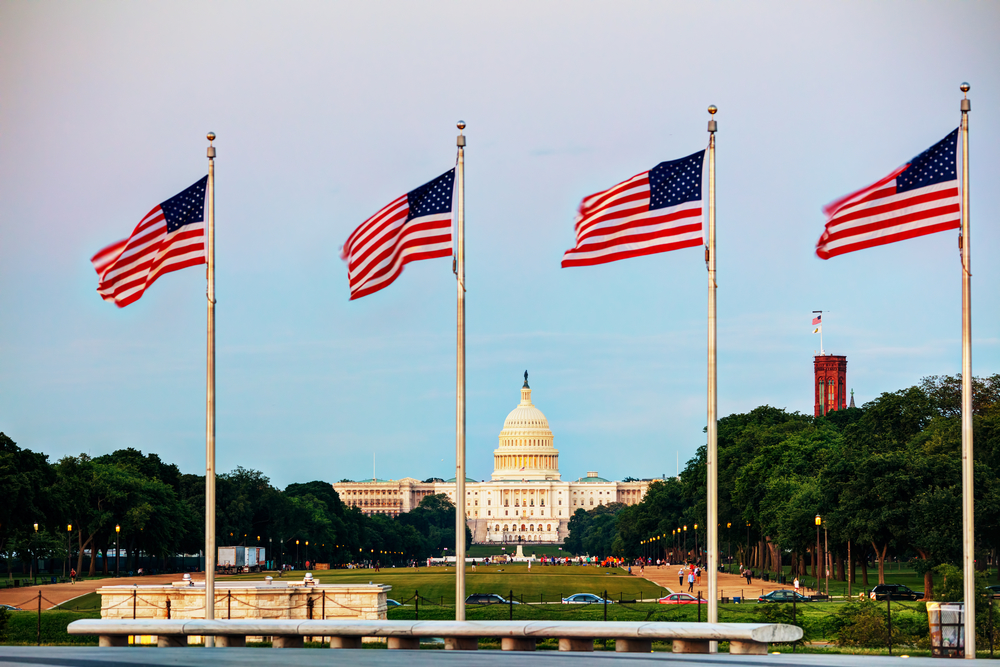
What impact will the Cybersecurity State Coordinator Act have? [Q&A]
The US is currently considering new legislation that would require each state to appoint a cybersecurity leader.
The proposed Cybersecurity State Coordinator Act has cross-party support and would, say its backers, improve intelligence sharing between state and federal governments and speed up incident response times in the event of a cyberattack.
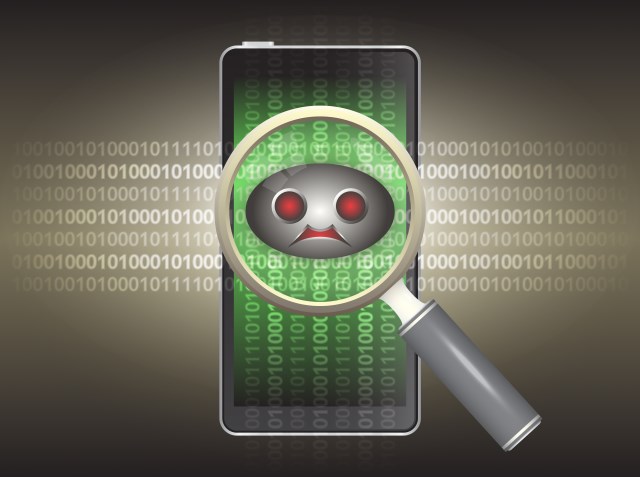
US government-funded phones come with pre-installed malware
Researchers at Malwarebytes have uncovered malware pre-installed on phones offered under the US government-funded Lifeline Assistance program.
Assurance Wireless by Virgin Mobile offers the UMX U686CL phone as their most budget-friendly option at only $35 under the scheme. However, users are getting more than they bargained for. An app called Wireless Update is designed to update the phone's OS but can also install other apps without consent.

Amazon Prime gets HUGE Veterans Day discount
The United States is undoubtedly the best country in the world, but how did it get that way? Our military. Look, these brave men and women put their lives on the line so civilians can enjoy their many freedoms. After all, the Constitution of the United States is merely pieces of paper if we don't have soldiers willing to fight to defend it. And so, every year, we celebrate Veterans Day to show our love and support for their sacrifices.
All holidays get commercialized, however, and Veterans Day is no different. Companies use it as a way to give shopping discounts -- and sometimes free stuff -- to members of the military. You know what? Even if it is fueled by marketing departments looking for positive press, I still really like it. Soldiers can get free meals and other cool stuff on Veterans Day -- they deserve it. Quite frankly, it is the least corporate America can do. This year, Amazon is getting in on the action with a HUGE discount on Prime. Just how significant is it? A massive $40 off!
